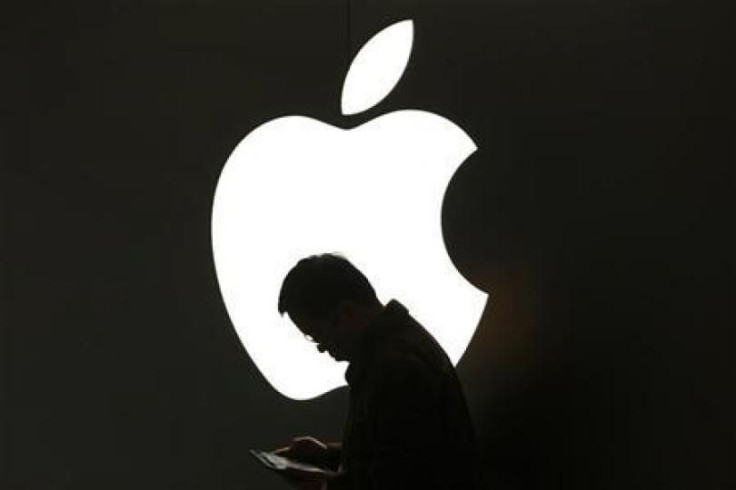iPhone 8 Rumors: Analysts Say Phone's Price Won't Start At $1,000

The iPhone 8 is widely expected to sport a hefty price tag, but one set of analysts believe that it won’t be as pricy as expected. In a note to investors via Business Insider, UBS analysts Steven Milunovich and Benjamin Wilson believe that pricing options for the new phone will be simpler than many observers have predicted.
For starters, the UBS analysts predict the iPhone 8 will start at $900 for a 64GB model. Milunovich and Wilson note that competing high-end smartphones like the Samsung Galaxy Note and Galaxy Plus are priced at $930 and $840 and Apple usually prices its phones within the range of comparable models. Both analysts also predicted that the phone will only come in 64GB or 256GB tiers and that the latter version would be priced at $1,000.
In addition, the UBS analysts disagreed with past commentary that suggested prices for the iPhone 8 will start at more than $1,000.
There seems to be a belief that Apple has to charge over $1,000 for the phone. We challenge this premise. The arguments we've heard for a $1,200 phone are, 'to manage supply constraints' and 'because the phone costs more.' Both are inconsistent with how Apple thinks about pricing.
We don't think Apple thinks 'How much can we charge?' Rather it chooses a price band worth playing in and then develops a product to fill that space. For example, Apple decided the $900-1,000 notebook market was worth entering. It then asked 'What does our $900 MacBook look like?' Enter the MacBook Air. If Apple cannot deliver an experience worthy of the brand at a given price band and profitability level, it does not proceed.
As always, Apple has kept its release schedule under wraps, but last month, the company confirmed it would hold a product event on Sept. 12 that is widely expected to feature the iPhone 8, the iPhone 7S series, a new Apple Watch and a 4K-capable Apple TV. Like with past versions of the iPhone’s S-series, the 7S and 7S Plus is expected to offer smaller updates at a similar price to the current iPhone 7 lineup.
Much of the conversation around the iPhone 8 has focused on its potential price point, as many analysts have disputed the exact price point for the iPhone. However, most generally agree that it will be at around the $900 to $1,000 range.
While the iPhone 8’s predicted price range will be a significant jump compared to past iPhones — a 32GB iPhone 7 Plus currently costs $769 — Apple is expected to justify the bump with a suite of premium features not seen on past iPhones. These are widely believed to include add-ons like an expanded display that goes from top-to-bottom, facial recognition for unlocking the phone and wireless charging thanks to an inductive backside.
Apple will also make the iPhone 8 a major testbed for its ambitions for augmented reality development, which refers to placing digital information over your field of vision. At its Worldwide Developers Conference event earlier this year, Apple debuted its ARKit toolset for developers, who’ve launched a variety of technical demonstrations featuring the technology.
If the iPhone 8’s final price range ends up being as high as expected, it’ll also fall in line with existing trends for top-end smartphones. As UBS noted, both Samsung phones released this year have flirted with the $900 price range. The price might inspire some sticker shock among shoppers, but thanks to the increasing use of payment plans by mobile carriers, spreading the extra $200 throughout several months will likely make it easier to process.
© Copyright IBTimes 2024. All rights reserved.





















